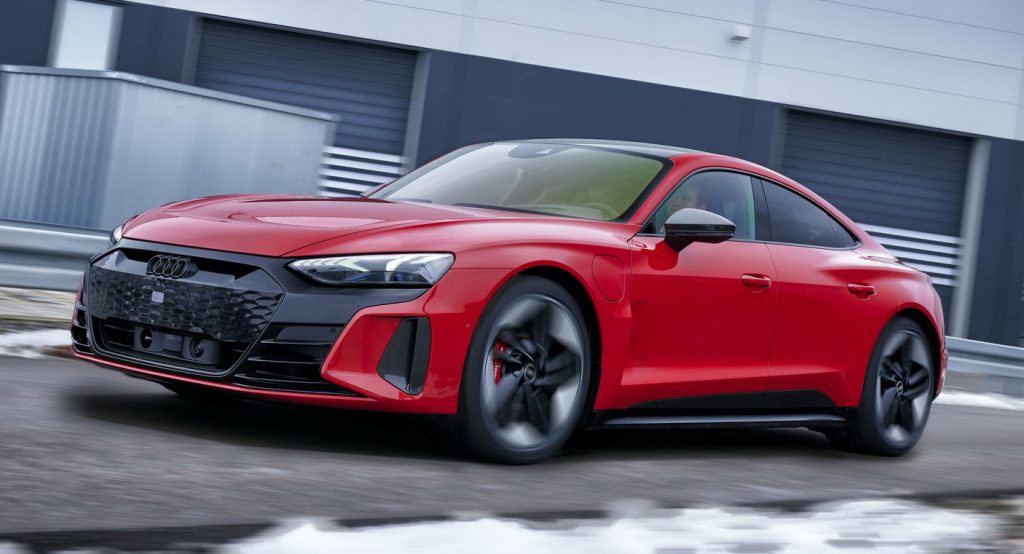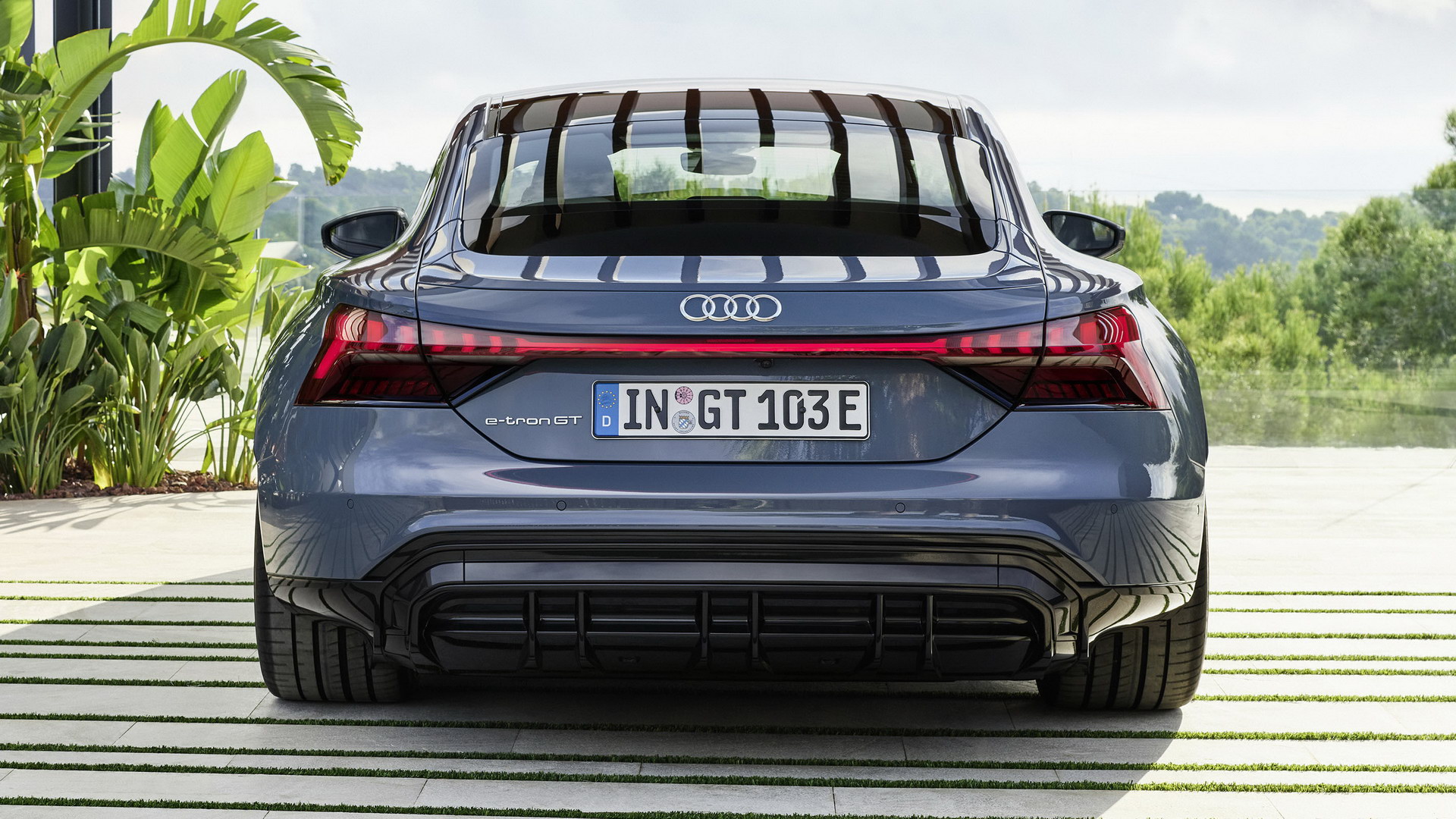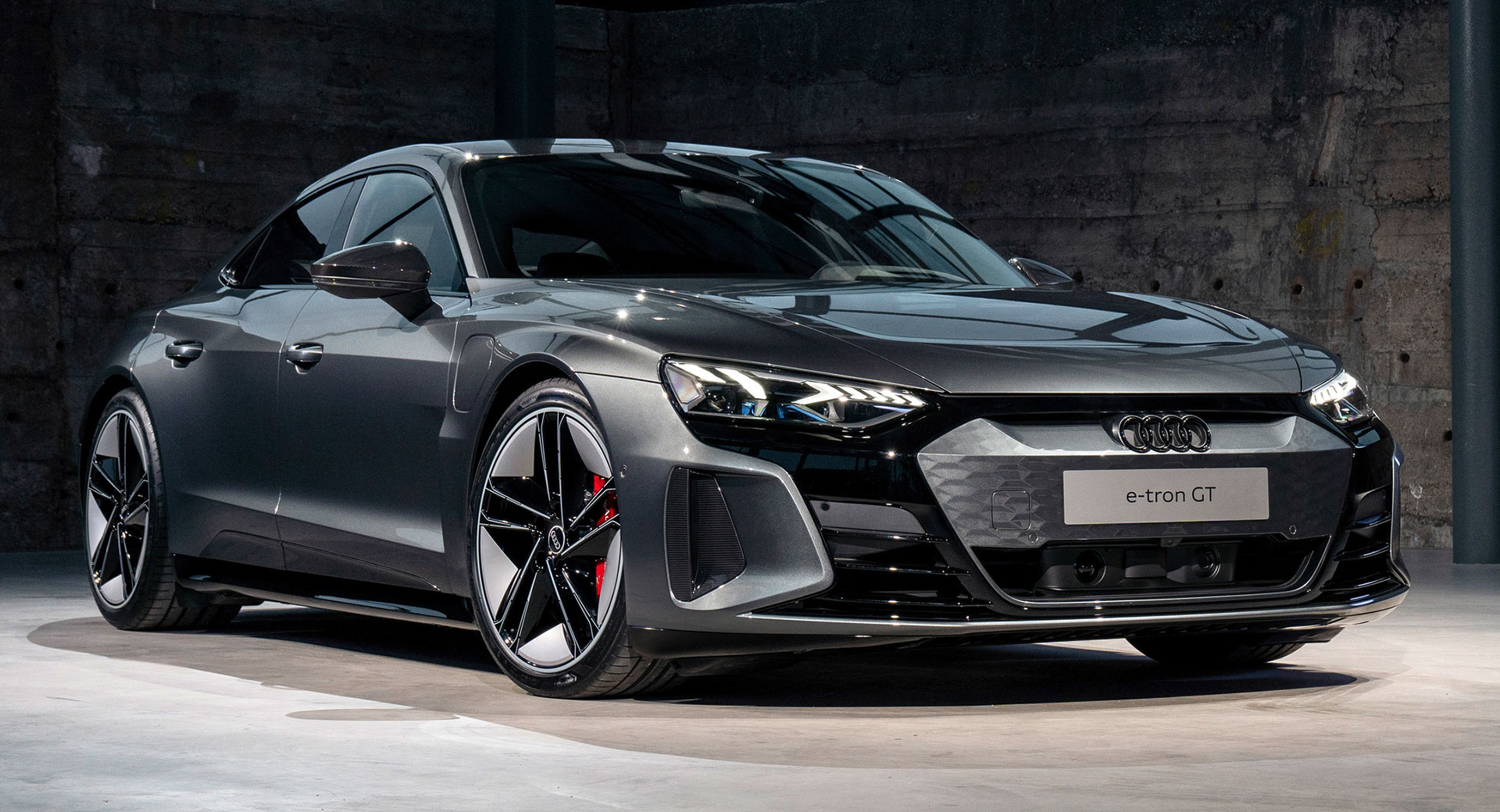Whereas many legacy automakers continue to engage in horsepower wars, when it comes to electric vehicles they are engaged in a range war. According to Audi chief executive Markus Duesmann, however, electric vehicles of the future may actually offer less range than they do now.
Hot on the heels of the global unveiling of the e-tron GT, Duesmann spoke with CNET about what the future holds for electric vehicles and stated that he doesn’t foresee the range wars going on for much longer.
Watch Also: Take An In Depth Walk Around The 2022 Audi RS E-Tron GT
“Putting huge batteries for thousands of kilometers, I’m not sure that this is a trend that will go on,” he said. “Later on they will go down because charging infrastructure is denser and also the experience of customers. Today you go to the gas station and get your fuel and its very natural how you get your energy for driving. With electric cars it’s not that natural, you have to adjust your behavior a bit. But once you’re used to that I think battery sizes will go down again, because they make the cars unnecessarily heavy and unnecessarily expensive. And unnecessarily big, too.”
The new e-tron GT features an 85 kWh battery pack and can travel 238 miles (383 km) on a single charge under EPA testing. As battery testing continues to improve, car manufacturers will be able to reduce the size of the battery packs they use, reducing the weight of EVs and thus benefiting range, handling and performance.
Duesmann isn’t the only one that thinks the pursuit of growing EV range is coming to an end. During Elon Musk’s most recent appearance on The Joe Rogan Experience podcast, the chief executive of Tesla acknowledged that the range of EVs has morphed into a battle of bragging rights and said that with the forthcoming Cybertruck, Tesla is still deciding on the right balance between range and weight.





